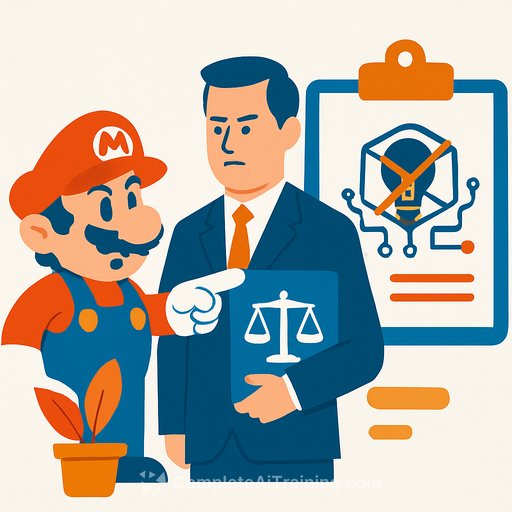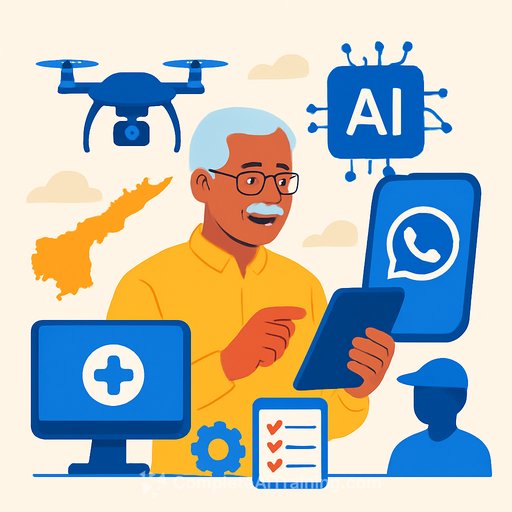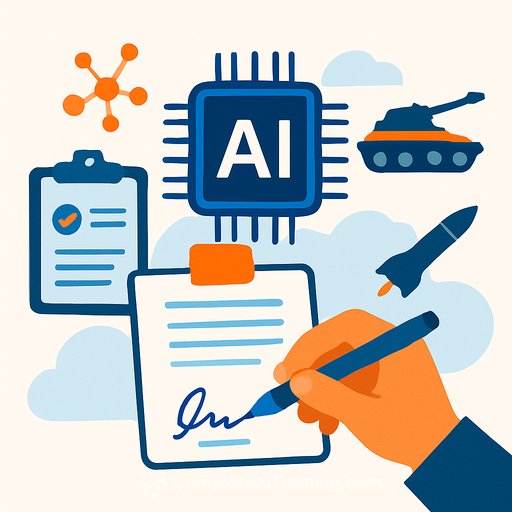Nintendo reportedly lobbying Japan on generative AI: policy signals and next steps for government
According to Satoshi Asano, a member of Japan's House of Representatives, Nintendo is avoiding the use of generative AI to protect its intellectual property and is engaging with the government on policy. This aligns with broader moves in Japan to set clearer guardrails, including guidance from the Ministry of Economy, Trade and Industry recommending similarity checks for AI-generated content. The trend is clear: major rights holders are pushing for stronger protections, and they're bringing that message directly to policymakers.
Why this matters for policy
Japan's media sector is already testing the limits of AI use through litigation, and similar cases overseas continue to raise the stakes. For government, this creates pressure to clarify how training data, outputs, and accountability intersect under existing IP and consumer protection laws.
- Training data and consent: Expect stronger demands for consent, licensing, or clear opt-outs for copyrighted materials used in training.
- Output similarity risk: Guidance that focuses on similarity checks will need practical thresholds, audit methods, and remedies.
- Provenance and labeling: Content authenticity signals (e.g., watermarking, signed metadata) will become a baseline expectation in public communications and education materials.
- Vendor accountability: Public-sector procurement will need specific clauses on dataset provenance, rights clearance, and incident response.
- Enforcement capacity: Agencies will need resources to investigate complaints, assess model behavior, and coordinate with courts.
Signals from Nintendo
Nintendo's reported stance-avoiding generative AI to protect its IP-signals a risk-first posture from leading content owners. It also indicates an appetite to shape policy rather than wait for it. That matters for any agency balancing innovation with creator rights and consumer trust.
Leadership comments have pointed in the same direction. Nintendo of America's Doug Bowser emphasized that there will be a human touch in how the company makes games, and Shigeru Miyamoto has also shared cautious views on AI's role in creative work. For government, this is a reminder: high-value IP holders are likely to support stricter guardrails and clear lines of accountability.
Action checklist for government teams
- Update procurement playbooks: Require vendors to disclose training data sources, licensing, and content filters; mandate similarity and bias testing.
- Set output-use rules: Define when AI-generated content can be used in public services, education, and communications, and when human-only creation is required.
- Adopt provenance standards: Implement signed metadata for government-created media and require the same from vendors where feasible.
- Create an IP review lane: Establish rapid review for complaints about potential infringement by AI systems used in or procured by government.
- Publish a model register: List approved models, use cases, known limitations, and support contacts for accountability and transparency.
- Coordinate early with rights holders: Build consultation forums with publishers, studios, and news organizations to surface issues before they reach court.
What to watch next
- Any formal government acknowledgment of industry lobbying or upcoming AI bills.
- Updates to METI guidance that go from principles to enforceable checks and audit expectations.
- Outcomes in ongoing lawsuits that could influence model training norms and damages.
- Procurement advisories that standardize IP and transparency requirements across ministries.
The direction is practical: clarify the rules for training data, raise the bar for provenance and testing, and make vendors responsible for what their systems produce. Nintendo's position accelerates that timeline. Government's job is to turn it into clear, enforceable practice.
If your team needs a concise overview of AI policy and tooling aligned to job roles, explore these resources: AI courses by job.
Your membership also unlocks:





